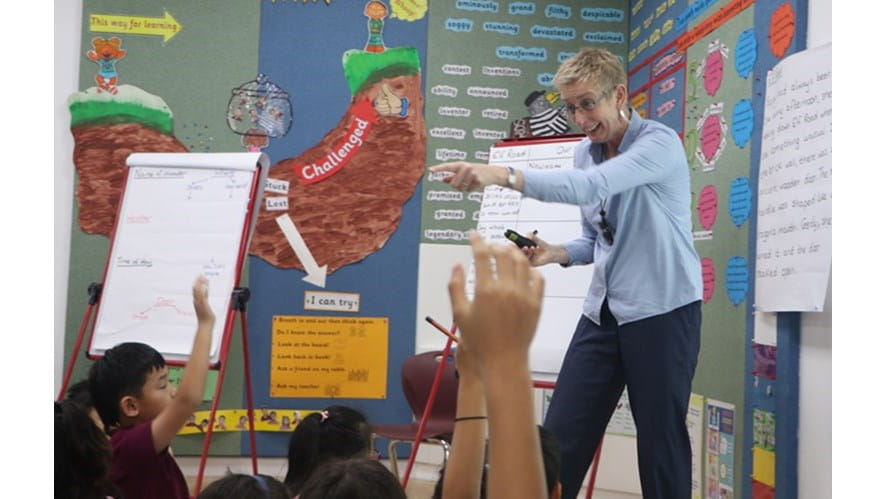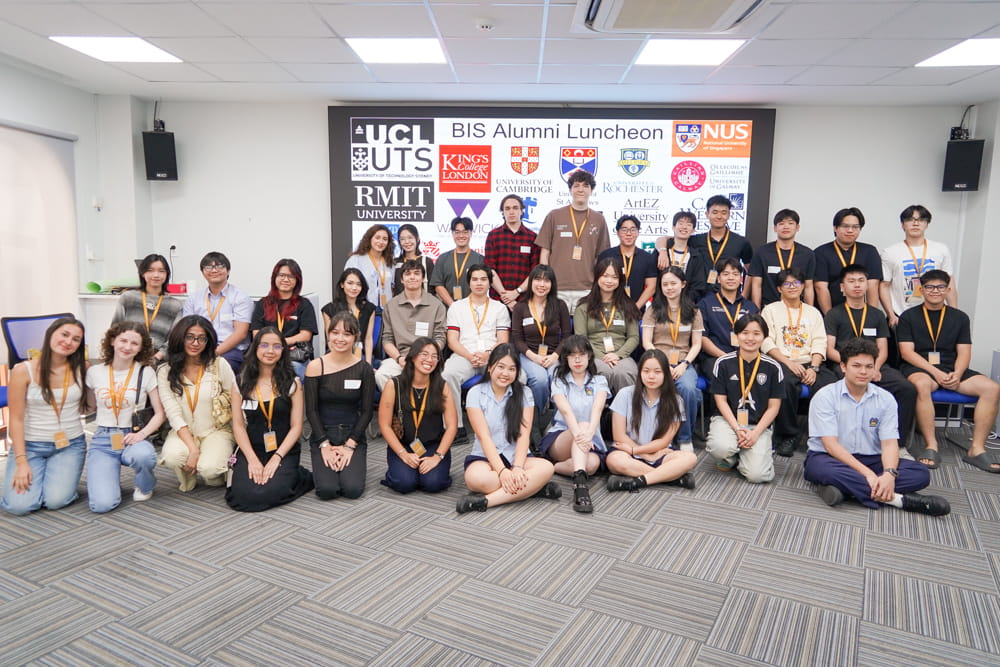Developing writing skills using ‘Talk for Writing’ Talk for Writing was developed by Pie Corbett and Julia Strong and is an exceptionally effective strategy for teaching writing.
Talk for Writing was developed by Pie Corbett and Julia Strong and is an exceptionally effective strategy for teaching writing.
Talk for Writing is powerful because it enables children to imitate the language they need for a particular topic orally, before reading and analysing it and then writing their own version. Talk for Writing builds on three key stages:
- Imitation,
- Innovation and
- Independent application
Talk for Writing is built on the principle that you can’t write something unless you can say it, and you can’t say something unless you have heard it. The process allows children to practise sentence structures orally which they can then apply in their own writing. Talk for Writing is proven to raise attainment and be extremely effective especially for children who are second language learners.
As part of our Talk for Writing integration here at BIS Vietnam we were recently visited by Carol Sattherthwaite, an independent literacy consultant and trainer with many years of experience in primary education. She designs and delivers tailor-made support and training for schools on all aspects of literacy.
Over the last few years, Carol has been training teachers at the British International School, Ho Chi Minh City and supporting them with the implementation of Talk for Writing as a teaching and learning strategy. Carol has worked with both BIS teachers and teaching assistants in developing an understanding of the Talk for Writing process and helped them to build ideas of how they can embed Talk for Writing effectively.
During her most recent visit we were delighted to invite Carol into our classrooms and share with her the excellent learning that is taking place across the whole Primary School with the help of Talk for Writing. She was particularly impressed with the quality of the teaching that she saw and how embedded Talk for Writing already is.
Teachers were lucky enough to observe demonstration lessons by Carol where she taught groups of primary children using the Talk for Writing framework. Our children thoroughly enjoyed inventing stories and rehearsing them orally whilst our teachers learnt some interesting techniques to apply in their own classrooms.
Carol’s visit ended with a training session geared towards teachers’ current needs in order to embed the Talk for Writing strategies further across the school. She also emphasised how important developing a ‘reading for pleasure’ culture in our classrooms is in order to foster a love of reading in our students and gave us many ideas to develop this further. All teachers certainly took a few ideas away from the training which they will now implement in their teaching.
These types of professional development opportunities offer the chance for our experienced, passionate teachers to advance their knowledge, ensuring we continue to provide a world-class education to our students.
We are now looking forward to embedding Talk for Writing even further in our classrooms and we look forward to working with Carol again in the future.
Ms Alicia, Ms Kirstine, Ms Gemma and Ms Frances (English Leaders)
Learn more:








